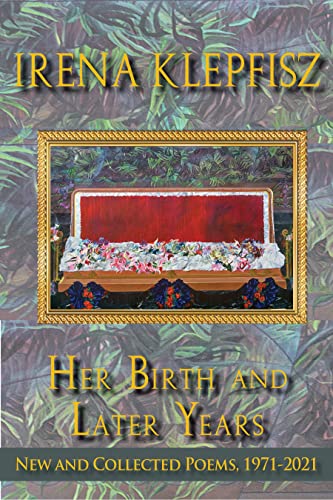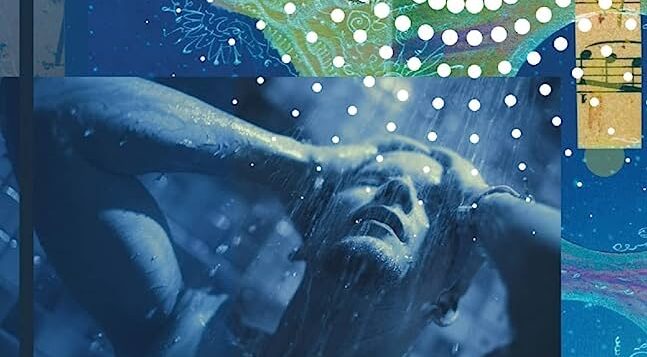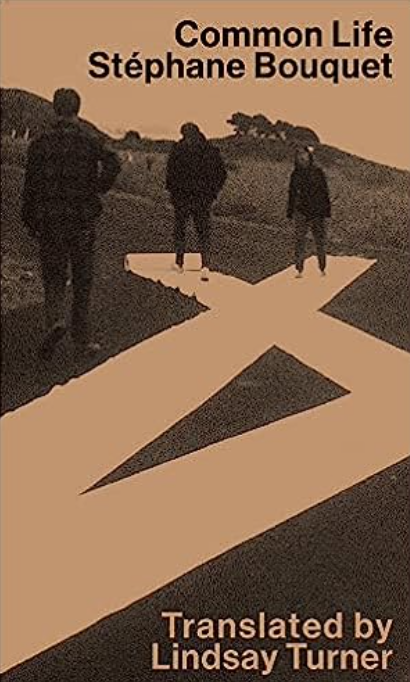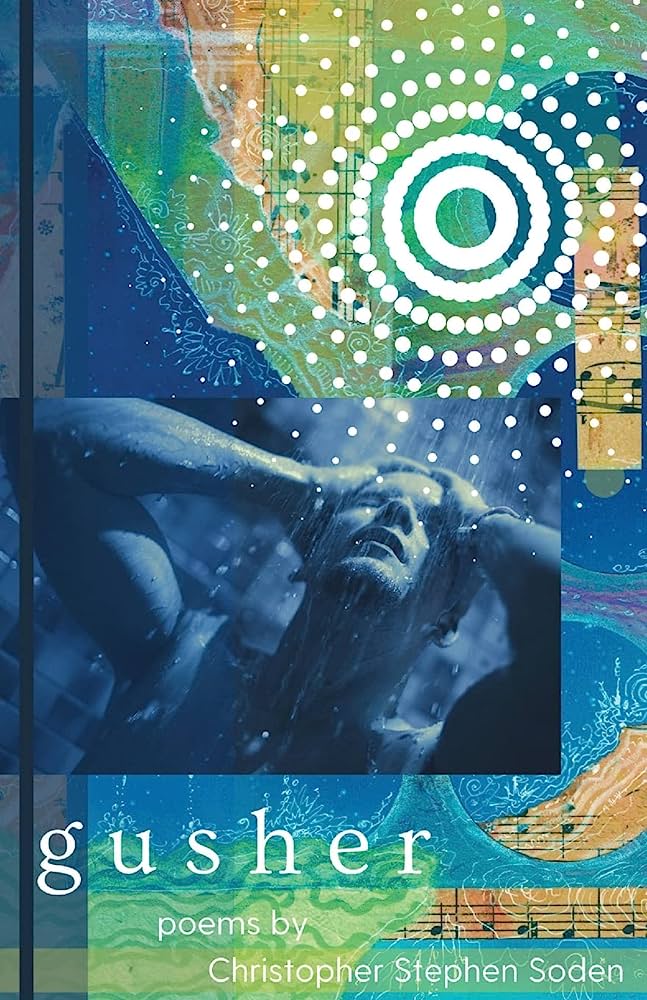 HER BIRTH AND LATER YEARS
HER BIRTH AND LATER YEARS
New and Collected Poems, 1971-2021
by Irena Klepfisz
Wesleyan Univ. Press. 296 pages, $28.
ONE COULD HARDLY FIND a more diverse group of books than this: one by a pioneering Jewish lesbian poet originally from Poland; one by a French surrealist; and a third by a gay man living in Dallas. All are propelled by completely singular impulses, and all have something wonderful to offer.
Collecting over fifty years of work, the volume of Irena Klepfisz’ poetry reflects on her experience as a survivor of the Warsaw Ghetto and forced emigration, and as a Jewish lesbian. Her work can at first seem prosaic and understated, but her style gathers its power slowly and steadily, sneaking up on you perhaps even more strongly due to its apparent flatness. As might be expected, her poems recounting the Holocaust are harrowing: “when they dragged my body into the oven I burned/ slowly at first I could smell my own flesh … when I pressed through the chimney/ it was sunny and clear.” Her poetry is a testimony not only to survival as a Jew, but also as a lesbian, as she gradually begins to track “longings that one day must flower.” The poems reflecting on the loss of her partner of 38 years, Judith Waterman, are especially poignant, as are her “old poet” poems, in which she remarks ruefully: “the sword is mightier than the pen./ Read the paper.” Klepfisz is a poet who has seen a lot and whose work offers a lot in return.
I reviewed Stéphane Bouquet’s previous work, Other Loves, in the these pages a few years ago (May-June 2020). Other Loves is only partially poetry (four poems, a play, and three short stories). Actually, I’m not entirely sure whether the play is really a play or instead a poem with a dramatis personæ. Either way, it’s dazzling, especially if you’re on Bouquet’s approximate wavelength. In a similar fashion, Bouquet’s short stories are so poetic they might be considered poems as well. The play, titled Monsters, which occupies the bulk of the book, has many echoes of Waiting for Godot: bleak and funny at the same time. It’s one of the more unusual works of art I’ve ever reviewed, and is definitely not for everyone. Bouquet can be hilariously irreverent, then turn right around and stab you in the heart with something so beautifully expressed it takes your breath away. He can write lines like: “these days/ the Marie Antoinettes/ of the financial aristocracy/ stuff themselves with gluten-free/ brioche.” And like this: “He’s sitting/ so close oh I’d love/ to write one more sadness on the inaccessible shelter/ of his shoulders.” Taken as a whole, Common Life looks at life and the interactions of people in all their shallowness, absurdity, and pathos. His work is hip, fun, smart, perceptive, and unexpectedly moving.
Christopher Soden’s Gusher, a slight reworking of his earlier work, Closer, is the poetry of an older gay man lamenting, and ultimately triumphing over, the internalized homophobia endured by his generation. The poems are of lust and desire afraid to express itself, finally yielding at moments to gushers of emotion and regret. If Soden’s work doesn’t display the brilliance and playfulness of Bouquet’s or the gravitas of Klepfisz’, he makes up for it with the authenticity and relatability of his experiences. Lamenting the vestiges of shame brought about by his biblical upbringing, the general hostility of American society toward any impulse thought to be “unmanly,” and the lack of support from a parent, he can still find the courage to write of an abusive father: “I cannot believe it/ has taken me so, so many/ years to stumble upon this/ epiphany. I cannot believe/ I’m telling you I love him.”
____________________________________________________
Dale Boyer is the author of Columbus in the New World: Selected Poems.








